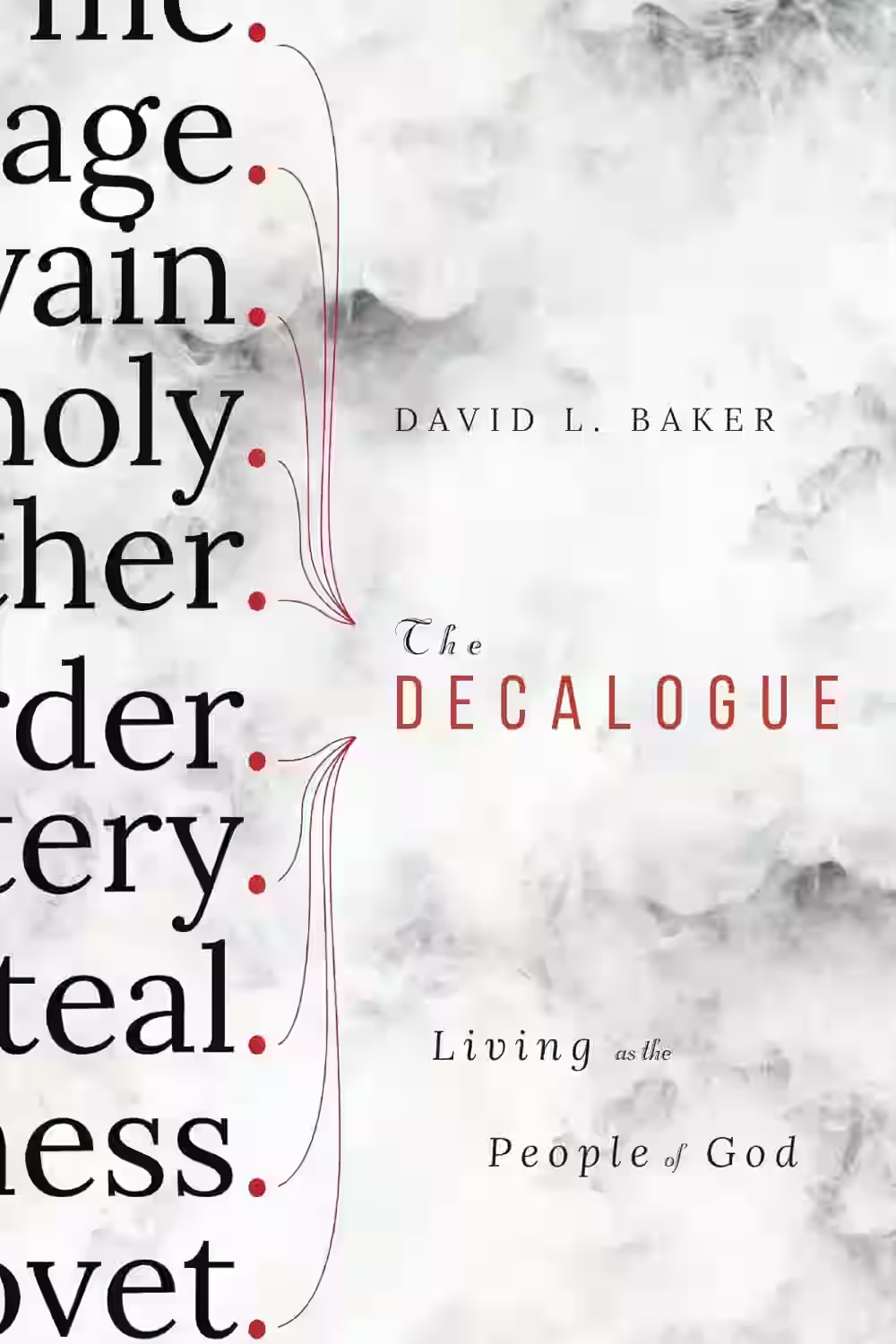
In 'The Decalogue: Living as the People of God,' Dennis Prager delves into the timeless wisdom and relevance of the Ten Commandments for contemporary society. Through insightful analysis and practical examples, Prager illustrates how these commandments can serve as a moral compass for individuals and communities seeking guidance in a complex world. He explores themes of ethics, spirituality, and personal responsibility, offering a compelling argument for the enduring significance of the commandments in shaping our lives and relationships. This thought-provoking book challenges readers to reflect on their values and actions, sparking meaningful conversations about faith and morality.
About Dennis Prager
Dennis Prager is a renowned American author, public speaker, and media personality known for his insightful commentary on ethical, political, and cultural issues. With a prolific career spanning several decades, Prager has authored numerous influential works, including 'Happiness is a Serious Problem' and 'Still the Best Hope: Why the World Needs American Values to Triumph.' Through his writing, Prager has captivated audiences with his thoughtful analysis and practical wisdom, challenging readers to consider fundamental questions about morality, society, and personal fulfillment. As a prominent conservative voice, Prager has made a significant impact on literature and public discourse, engaging readers with his thought-provoking perspectives.
Other Books by Dennis Prager
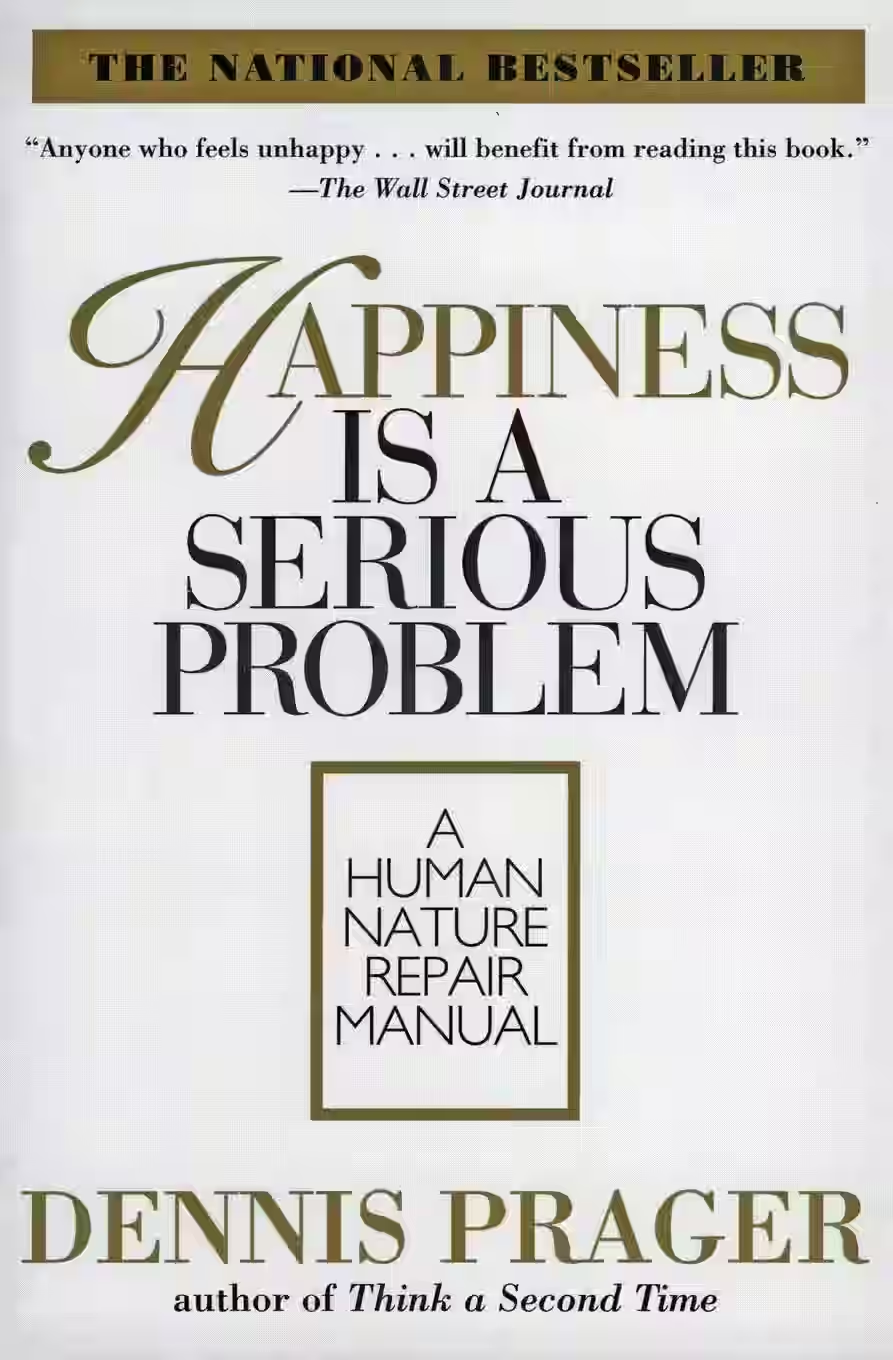
Happiness Is a Serious Problem: A Human Nature Repair Manual
In 'Happiness Is a Serious Problem: A Human Nature Repair Manual' by Dennis Prager, the author delves into the complexities of achieving true happiness in a world filled with seemingly insurmountable challenges. Drawing on philosophical insights, psychological research, and personal anecdotes, Prager provides readers with a thought-provoking guide on how to navigate the pursuit of happiness. Through discussions on gratitude, self-acceptance, and the importance of personal responsibility, the book offers a roadmap for individuals seeking a more fulfilling life. Prager's conversational writing style and practical advice make this book a valuable resource for anyone looking to cultivate a deeper sense of contentment.
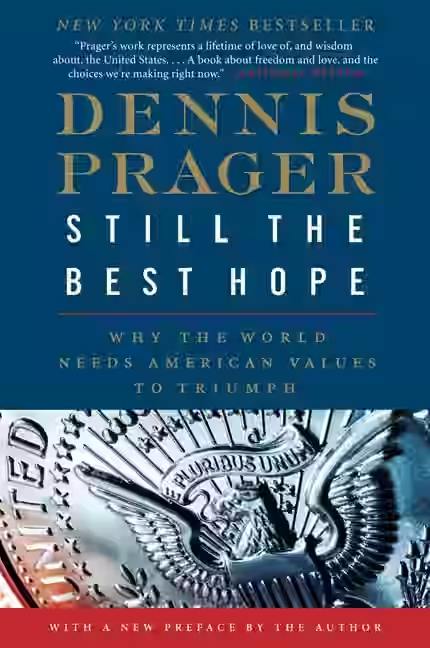
Still the Best Hope: Why the World Needs American Values to Triumph
In 'Still the Best Hope: Why the World Needs American Values to Triumph,' Dennis Prager passionately argues for the universal significance of American values in the face of ideological challenges. He dissects the contrasts between the American Trinity of Liberty, In God We Trust, and E Pluribus Unum and the Left, Islamism, and nationalism, positing that the American value system offers the best path forward for humanity. Prager delves into historical contexts, philosophical reflections, and current societal issues, presenting a compelling case for the enduring relevance of American ideals. This book is a stirring call to uphold and promote these values globally.

The Rational Bible: Genesis
In 'The Rational Bible: Genesis' renowned author and radio host Dennis Prager offers a thought-provoking analysis of the first book of the Bible. Through a rational and philosophical lens, Prager delves deep into the moral and ethical lessons found in the stories of Genesis. He explores themes like the nature of God, the human condition, and the importance of individual responsibility. Prager's writing is accessible, engaging, and insightful, making this book a compelling read for both believers and skeptics. By examining the text with a contemporary perspective, 'The Rational Bible: Genesis' prompts readers to reflect on timeless questions of faith, morality, and the purpose of human existence.
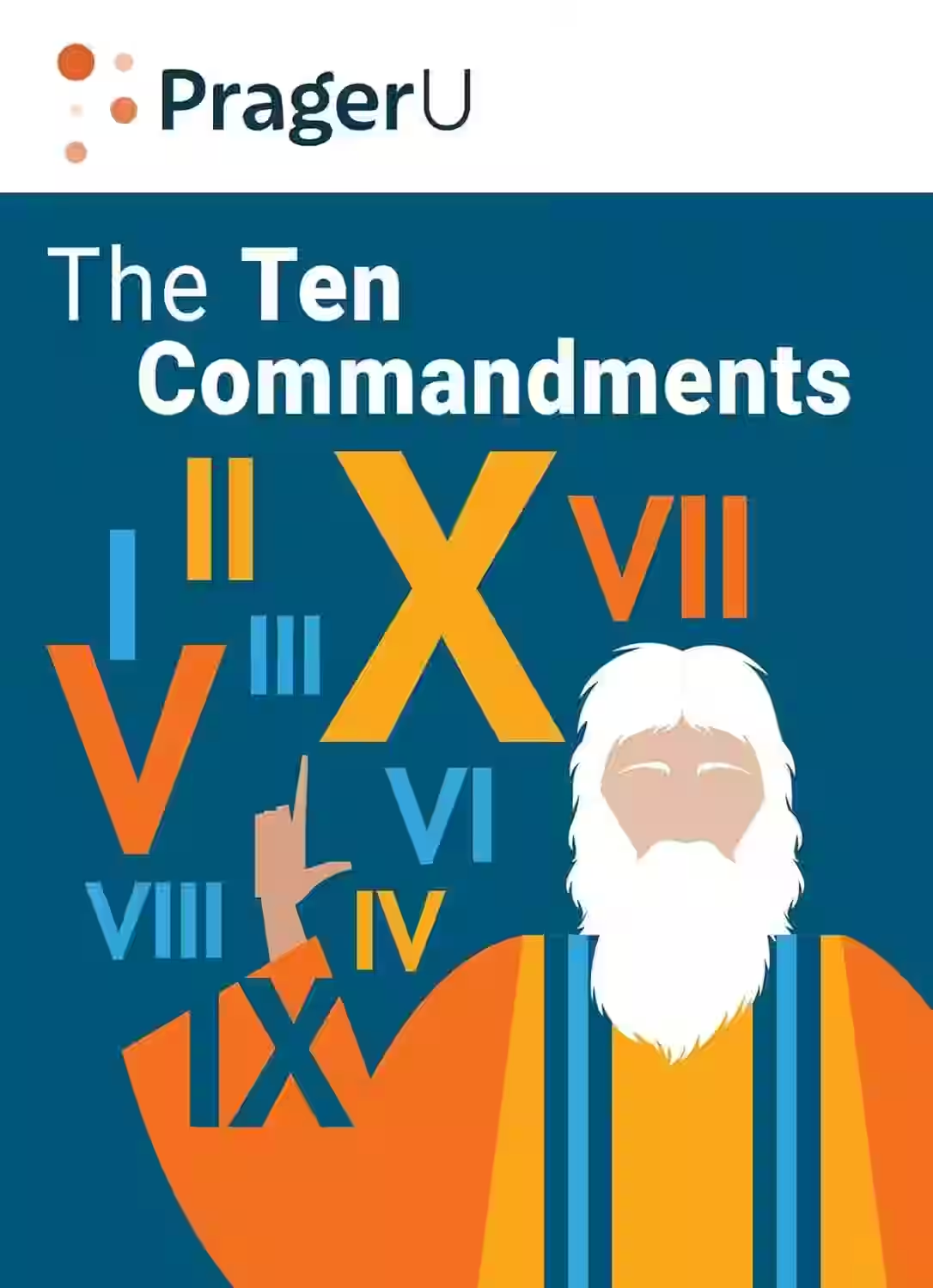
The Ten Commandments: Still the Best Moral Code
In 'The Ten Commandments: Still the Best Moral Code,' Dennis Prager explores the timeless relevance of the Ten Commandments in today's society. Drawing from his background in philosophy and religion, Prager delves into each commandment, discussing their moral significance and practical applications. Through insightful analysis and real-life examples, he argues that following these commandments can lead to a more ethical and fulfilling life. Prager's writing is clear and thought-provoking, making complex moral concepts accessible to readers of all backgrounds. This book challenges readers to reflect on their values and consider the enduring wisdom of the Ten Commandments.
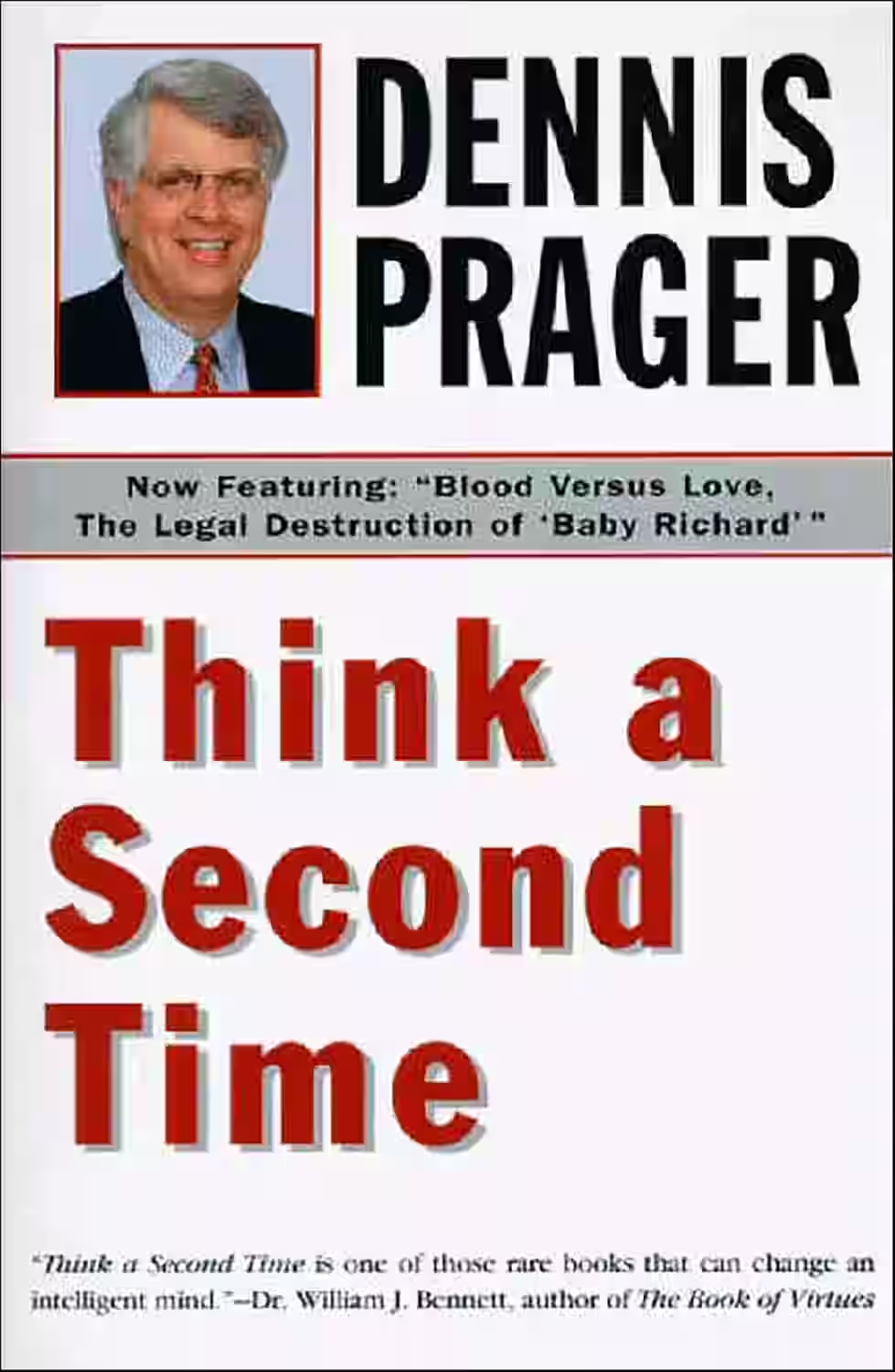
Think a Second Time
In 'Think a Second Time' by Dennis Prager, readers are taken on a thought-provoking journey through a collection of essays that challenge conventional wisdom and encourage critical thinking. Prager delves into various topics such as happiness, morality, religion, and politics with clarity and insight, prompting readers to reconsider their beliefs and perceptions. Through his engaging writing style and compelling arguments, Prager inspires reflection and dialogue on important issues that are relevant in today's society. This book serves as a powerful tool for stimulating intellectual curiosity and fostering a deeper understanding of the world around us.
Similar Books
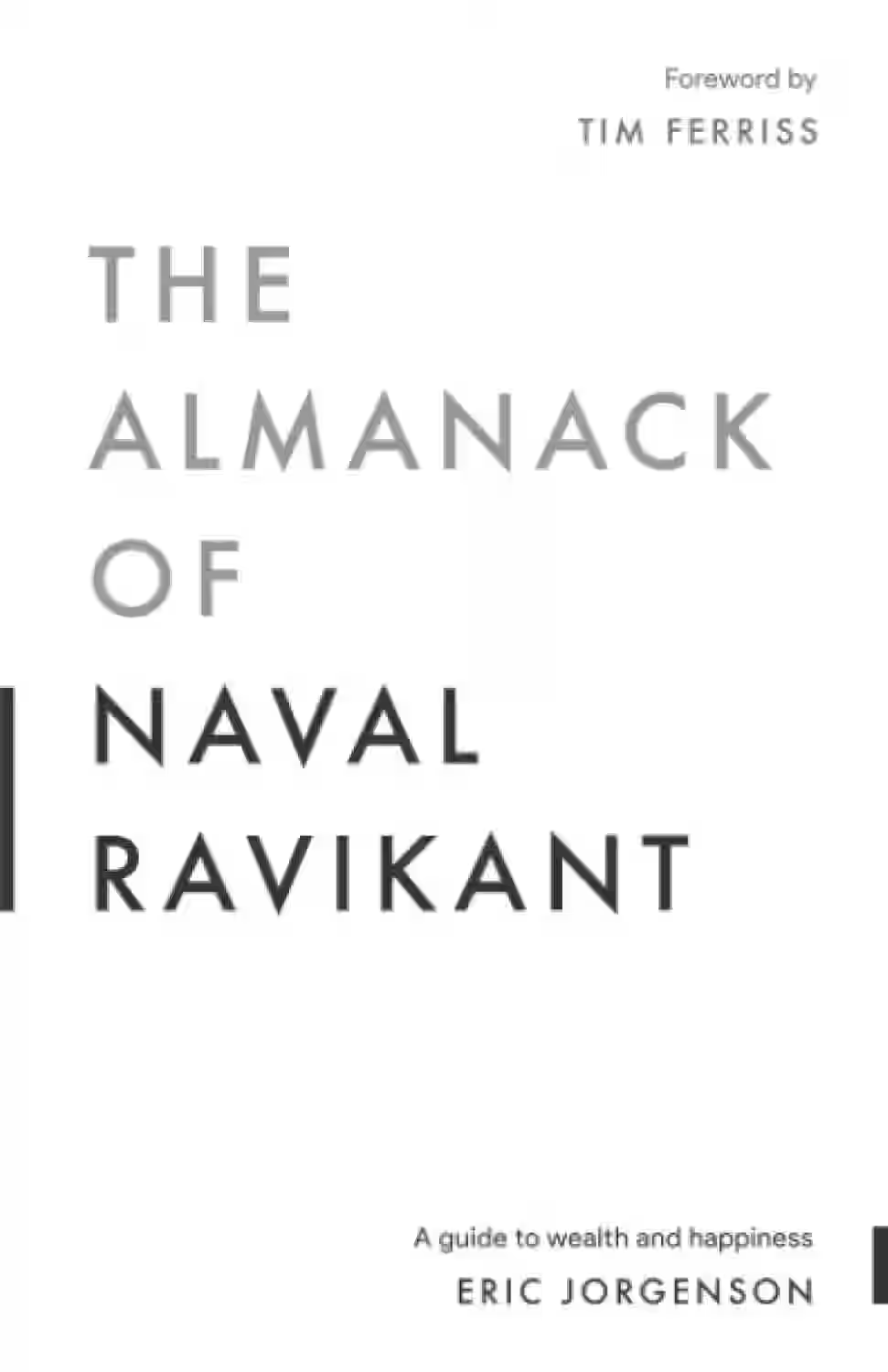
The Almanack of Naval Ravikant
by Eric Jorgenson, Jack Butcher, Tim Ferriss
This curated guide distills Naval Ravikant’s wisdom on wealth, happiness, and self-improvement, drawn from his tweets, podcasts, and essays. It blends philosophy, mental models, and practical advice for living a rich life—both materially and emotionally. The Almanack encourages clear thinking, long-term decision-making, and personal freedom, becoming a go-to for entrepreneurs and thinkers.
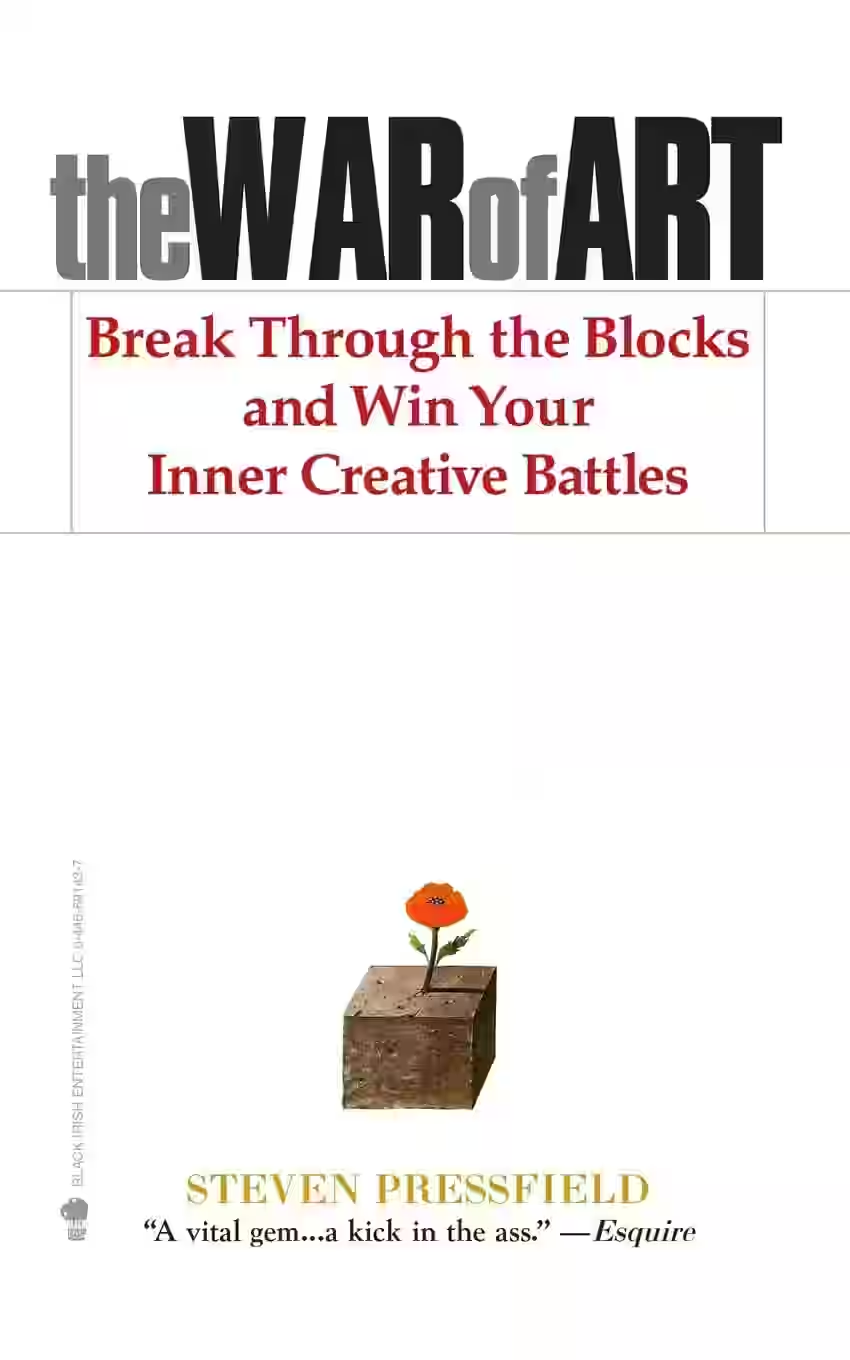
The War of Art
The War of Art is a motivational call to overcome the internal resistance that blocks creativity and achievement. Steven Pressfield breaks the creative struggle into three sections: identifying resistance, turning pro, and embracing higher purpose. He argues that fear, procrastination, and doubt are universal forces that sabotage our potential, and success requires discipline and persistence. Blending personal anecdotes with spiritual undertones, Pressfield challenges readers to treat creative work as a daily practice. The book is especially resonant for writers, artists, and entrepreneurs, offering tough love and encouragement to push through fear and self-sabotage in pursuit of meaningful creation.

How to Live
by Derek Sivers
In How to Live, Derek Sivers offers 27 radically different philosophies for living a meaningful life—each chapter presenting a distinct worldview with confidence and conviction. From “Be independent” to “Commit fully,” the book explores contradictory yet compelling ideas, encouraging readers to reflect on what matters most. Rather than offering a single path, Sivers embraces complexity, suggesting that the truth of how to live may lie in navigating these contradictions. Written in his signature minimalist, thought-provoking style, How to Live is part philosophy, part self-inquiry, and part creative manifesto—ideal for readers seeking clarity, flexibility, and personal growth.
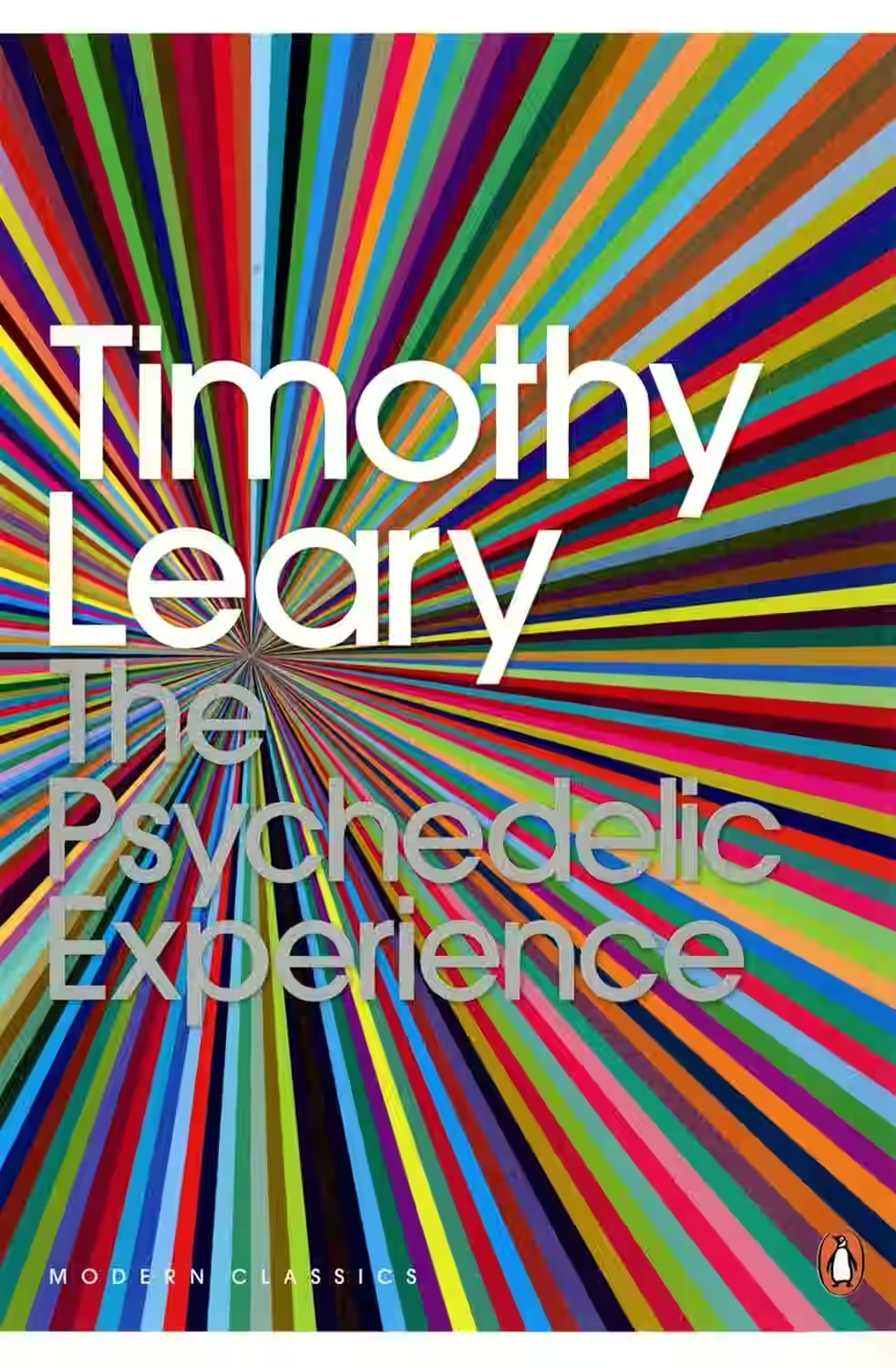
The Psychedelic Experience: A Manual Based on the Tibetan Book of the Dead
In 'The Psychedelic Experience: A Manual Based on the Tibetan Book of the Dead,' Richard Alpert, Timothy Leary, and Ralph Metzner provide a unique blend of Eastern philosophy and psychedelic exploration. Drawing inspiration from the Tibetan Book of the Dead, the authors guide readers through various stages of the psychedelic experience, offering insights on ego death, rebirth, and spiritual enlightenment. This book serves as a roadmap for those looking to navigate altered states of consciousness and transform their understanding of reality. With a focus on inner exploration and personal growth, 'The Psychedelic Experience' remains a must-read for both psychonauts and spiritual seekers.